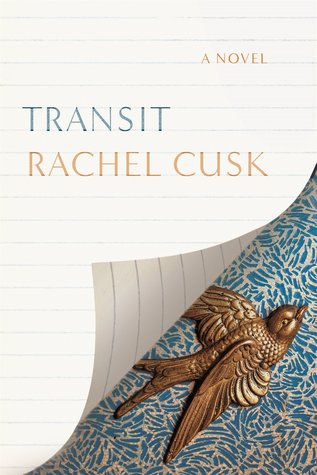A book such as Julian’s was far more palatable. It always surprised him, how people lapped it up, extremity, how eager they were to consume what lay far outside the compass of their own experience, their relish for it if anything increased by the absence of the very thing, he, Louis, was abjured for removing – the screen of fiction. People believed that Julian didn’t need to make things up because the extremity of his experiences was such that it released him from that obligation.

Working on my current manuscript, I have been thinking a great deal about the weight we attach to ‘true’ narratives, and how objective truth might be said to differ from experiential truth.
If I say: ‘This happened to me’, is that enough to prove that it really did?
Since 2016, our experience of the world has become fragmentary and unstable, no longer measured in years, but in seasons, weeks and days. As a writer I feel I have become less capable and less desirous of constructing grand illusions. I have instead become obsessed with small details, with exploring the imaginative potential in day-by-day, sometimes minute-by-minute experience, with tracking the potential answers to the question: what really happened? My growing interest in true-crime narratives is both a response to and a driver of this. And precisely because much of the drama of such narratives lies in the mundane.
‘I don’t really believe in character,’ says Rachel Cusk in a recent podcast conversation with Sheila Heti, ‘I believe in moments of truth.’ In the second instalment of her Outline trilogy, Cusk demonstrates how the quotidian, when fully inhabited, can spiral outwards into a poetic hyperrealism, into the fire of language. How daily reality is never banal, but rather the greyish-brown outer crust of the entire luminosity of existence. The dinner party that forms the climax of the novel is, in its own subversive way, as revelatory and as disturbing as the family get-together that forms the subject of Thomas Vinterberg’s seminal 1998 movie Festen. Reading this book, in which ostensibly dull things happen in such a way as to make them seem life-defining, is to see reality, elusive as the leopard, changing its spots before our eyes.
Cusk’s writing truly is superlative. She has not only raised the bar for British literary fiction, she has opened up a new arena for the discussion and contemplation of what fiction is, and how it works.
*
Meanwhile and elsewhere, this marvellous essay by Ukrainian-American poet Ilya Kaminsky articulates brilliantly the shock, terror and heartbreak of these anxious days.